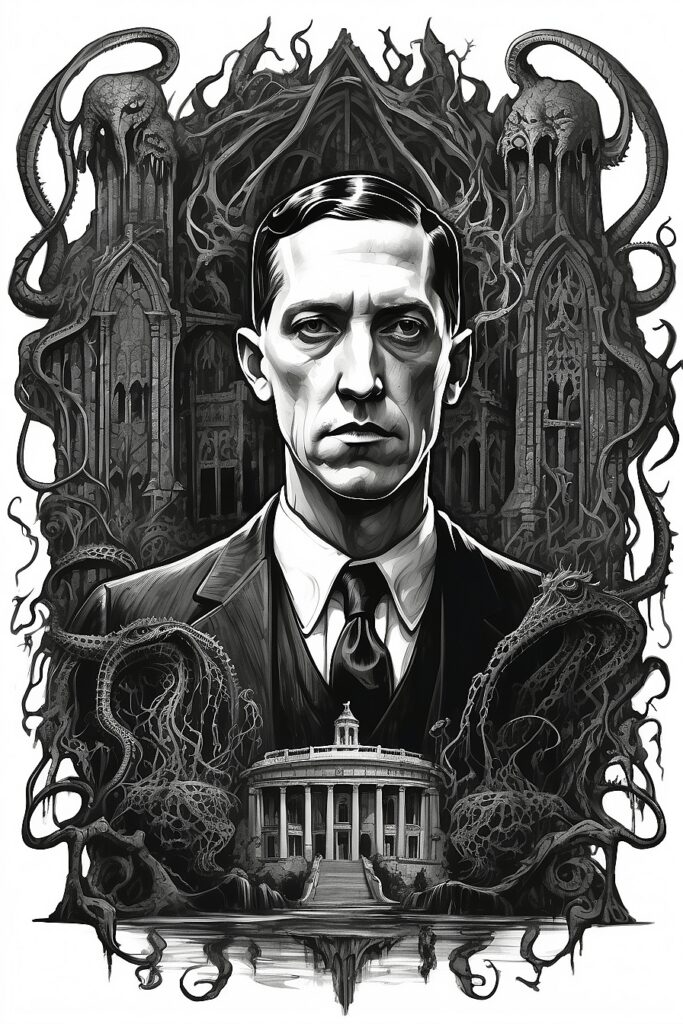Happy September, dear reader. Yo rent is due.
So picture this…September 1, 1952, and some editor at Life magazine is probably chain-smoking Lucky Strikes while wondering if they’ve just committed career suicide by dedicating an entire issue to what amounts to an extended fishing story. I’m talking, of course, about Ernest Hemingway’s The Old Man and the Sea, a novella so deceptively simple it makes you wonder if maybe, just maybe, you’ve been overthinking this whole literature thing your entire booze-addled existence. Or maybe that’s just me. Anyway, the editor mentioned above need not have worried, because the story’s success was absurd: five million copies. In two days. Two! As if the entire American reader public suddenly developed an inexplicable craving for tales of Cuban fisherman wrestling with marlins the size of small automobiles. Which, when you think about it, is exactly what happened, and isn’t that just the most ridiculous thing you’ve ever heard?
Now, I know what you’re thinking – because I’m thinking it too – what kind of masochistic genius does it take to craft a story that’s essentially one old guy versus one big fish and somehow make it feel like the entire human condition is hanging in the balance? The answer, it turns out, involves the kind of narrative compression that would make a neutron star jealous, each sentence so dense with meaning it threatens to collapse into a literary black hole.
Santiago – our weathered protagonist who’s gone eighty-four days without catching so much as a sardine (which, let’s be honest, is the kind of professional dry spell that would drive most of us to day-drinking and career reconsideration) – embodies this magnificent futility that defines the human experience. Here’s a man who knows, knows with the certainty of sunrise and hangovers, that he’s probably going to lose this battle. The marlin is bigger, stronger, operates in its natural element while Santiago is basically a land mammal with delusions of aquatic grandeur. And yet – and this is where Hemingway’s genius reaches levels of almost pornographic intensity – he fights anyway.
Because what else is there to do? Surrender to the inevitable mediocrity of a fisherman who can’t catch fish? Accept that maybe the universe is just one giant cosmic joke and we’re all the punchline? Hell no. Santiago straps himself to that boat and engages in what amounts to a three-day death match with a creature that represents everything he’ll never be – young, powerful, at home in the vast indifference of the sea.
The beauty of this whole setup – and by beauty I mean the kind of terrible beauty that makes you want to simultaneously laugh and cry and pour another drink – is how Hemingway strips away every unnecessary word, every flowery metaphor, every literary flourish that might distract from the essential brutality of the confrontation. This is prose as sharp and unforgiving as a gaff hook, sentences that cut straight to the bone of meaning without bothering with the courtesy of anesthesia.
And the kicker? Santiago wins and loses simultaneously. He catches the goddamn fish – this magnificent beast that represents everything noble and wild and free in the world – only to watch the sharks reduce it to a skeleton during the long journey home. Which is, of course, exactly what life does to all our grand ambitions and noble struggles. We fight the good fight, we occasionally triumph, and then reality shows up like a pack of hungry sharks to remind us that victory is always temporary and defeat is the only universal constant.
But here’s what those five million readers understood, consciously or not, when they devoured this story faster than Americans consume processed cheese: Santiago’s defeat isn’t really a defeat at all. It’s defiance. It’s the middle finger raised to a universe that seems designed to crush the human spirit. It’s the refusal to go gentle into that good night, even when you’re 84 years old and your hands are cramping and the sharks are circling and every rational part of your brain is screaming that this is madness.
When the formerly prestigious Pulitzer committee awarded Hemingway the prize in 1954, they weren’t just recognizing technical mastery – though God knows the technical mastery is there, every sentence calibrated with the precision of a Swiss chronometer. They were acknowledging something deeper, more essential: the recognition that great literature isn’t about happy endings or moral clarity or the comfortable illusion that virtue is rewarded and evil punished. Great literature is about the futility of human effort in the face of cosmic indifference, and finding beauty in that futility.
So today let’s raise a glass to Santiago and his marlin, to Hemingway and his impossible brevity, to the five million readers who recognized greatness when it slapped them across the face like a salty wave. In a world that increasingly rewards mediocrity and celebrates participation trophies, The Old Man and the Sea stands as a monument to the idea that sometimes the most heroic thing you can do is fight a battle you know you’re going to lose.
Because in the end, isn’t that what we’re all doing anyway?
N.P.: “Sunglasses On At The Dollar Store” – Shockwire


